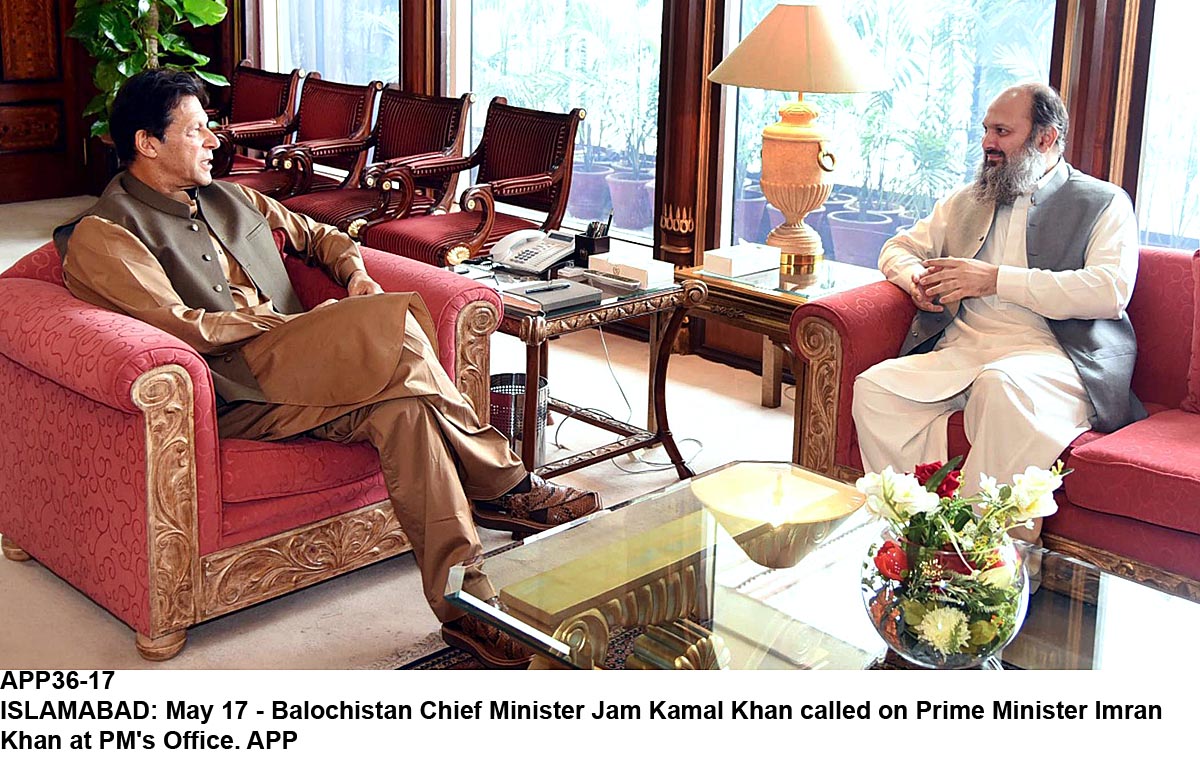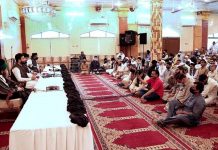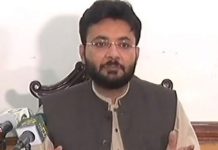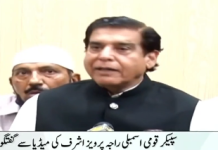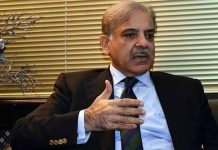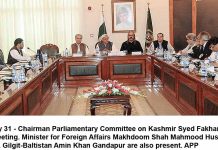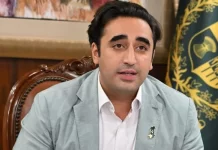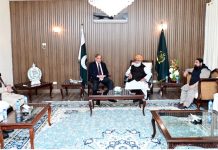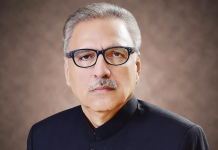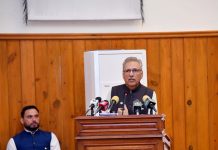ISLAMABAD: Voicing his serious concern over India’s move to grant citizenship rights to non-state subjects, Democratic Political Movement (DPM) Secretary General Shoukat Hussain Butt said the settlement of non-Kashmiris was an attempt to change the demographic composition of the region.
The DPM leader said that issuing domicile certificates to non-Kashmiris was part of a conspiracy orchestrated by New Delhi to overshadow the number of Muslim in the state.
Terming the move as flagrant violation of the UNSC resolutions, Butt said that it was ironic to see that those, who call themselves as public representatives, have assumed the role of quislings by maintaining criminal silence over this issue of vital national interest.
“Granting State-subject certificates will have a direct effect on the demographic of the state,” said a statement issued on Friday, adding that it was not only an assault on the state’s special status but a violation of state-subject law that had been put into effect way back in 1924.
Lambasting mainstream parties for remaining silent over the issue, Butt said, “It has vindicated our stance that rather than serving the interests of their own people, these pro-Indian political parties have always played a dubious role as collaborators to strengthen Indian illegal occupation over Jammu and Kashmir that happens to a disputed territory awaiting final settlement.”
Urging the international community to take notice of the conspiracies being hatched against Kashmiris, the DPM leader said that the BJP regime’s move, intended to change the demographic complexion of the state, would push the region into a state of chaos burdened with politically dangerous implications.
Reiterating Kashmiris’ resolve to thwart India’s ‘wicked’ plans, he said, “Kashmiris will resist against every such attempt.” He said that peace loving people of the region had struggled for their right, the right to self-determination guaranteed to them by the international community. As far as the resolution of the long-standing issue is concerned, he said, “The United Nations’ resolution provides a strong basis to settle the issue peacefully.”

